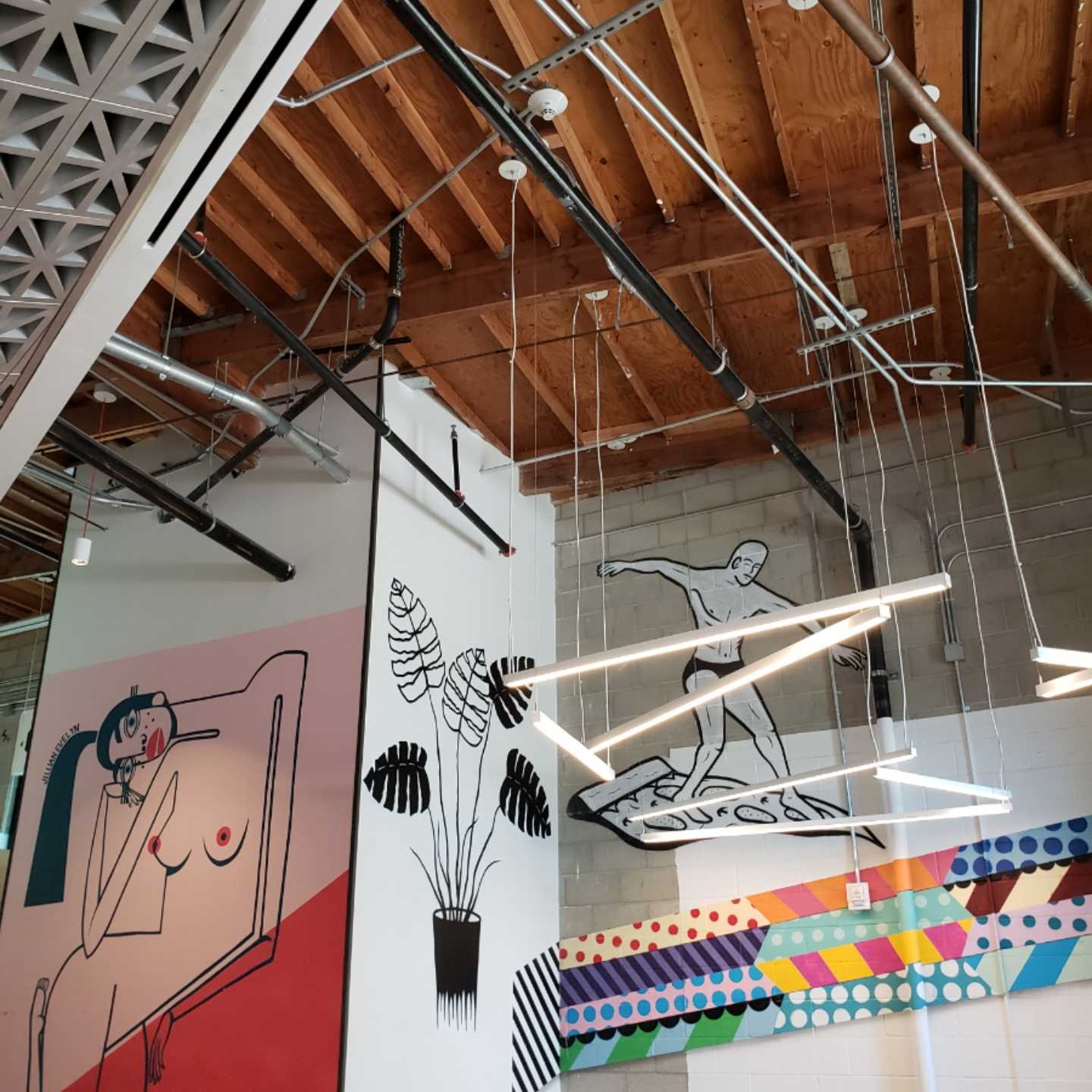The wellness industry is currently booming: more and more people are forgoing traditional medicine for holistic therapies, natural remedies and a more planet-friendly lifestyle – so there’s never been a better time to set up your own health-based business. Like all businesses though, there’s plenty to consider before you take the plunge and announce yourself open for trading – we’ve come up with three of the most important things to think about, so if you’re thinking about anything from teaching yoga, to writing self-help courses, read on!
Consider Your Speciality
The first thing to do is decide on your area of expertise; if you’ve studied for a specific career path such as aromatherapy or herbalism, you’re already set – but if you’re thinking of writing courses or e-books, or hosting workshops, then you’re going to need to know your subject inside out. If you’re interested in a variety of wellness topics, consider which one you find most interesting – and think about what you can offer people; they’ll be expecting knowledge and guidance that they can’t find anywhere else on the internet.
It’s also worth noting that you legally can’t provide medical advice or practice any form of therapy unless you have a formal license to do so – so reading books might not be enough of a background!
Decide On Your Premises
For any business, you’re going to need to think about where you’re going to be trading from; if you’re writing courses or blog posts, all you’ll need is a laptop and a desk – but if you’re going to host workshops, offer physical treatment sessions or manufacture your own products, you’re going to need more space. A spare room is a great place to start, but if you’re already at maximum capacity with family members, then why not consider adding a large shed or summer house in the garden?
Once equipped with light and power, they can be just as comfortable as professional premises – and the bonus is that you won’t have to travel far for work! You could also look into pop-up or co-working spaces – these are provided with a shorter term lease, so they’re ideal if you’re just starting out and testing the water.
Look Into Expenses
Although it’s easy to focus on the profit margins, any business comes with a long list of expenses – so it’s important to sit down and calculate these before you commit to anything. The best way to do this is to research everything from materials and equipment to postal costs, internet fees and lease prices – make a note of everything and then look at forecasting your potential income to provide an accurate estimate for profits.
Even if you’re going to be working from home, it’s worth looking into business accounts for your energy supply, and getting some business electricity quotes – this could save you a lot of money in the long run. You should also look into what you can deduct as taxable expenses, as there might be some things on the list that surprise you (and there might be some things you’re expecting to see that don’t appear!) – so it’s definitely something to take some time over.






